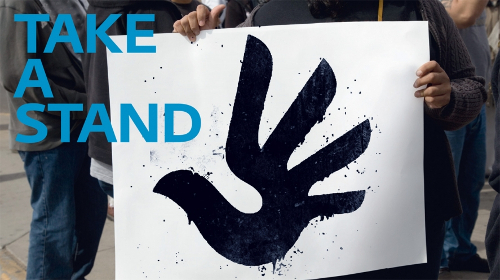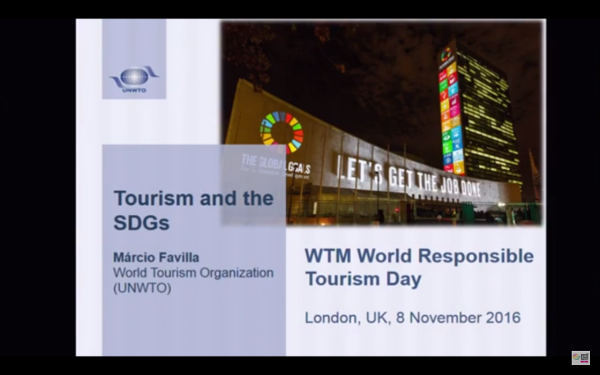December 2016
December 2016
Business Insight Solutions, 19 December 2016
LexisNexis Australia, December 2016
RightsApp is a free, quick reference guide to international human rights law. LexisNexis collaborated with the Australian Human Rights Commission to develop RightsApp, the world’s first mobile application that allows users to quickly and easily search international human rights conventions and declarations by topic, right and country. Providing information about human rights is a vital pillar of target SDG 16.10 to ensure public access to information and protect fundamental freedoms.
8 December 2016
Business Insight Solutions, 30 November 2016
WTM Responsible Tourism 2016, 8 November 2016




